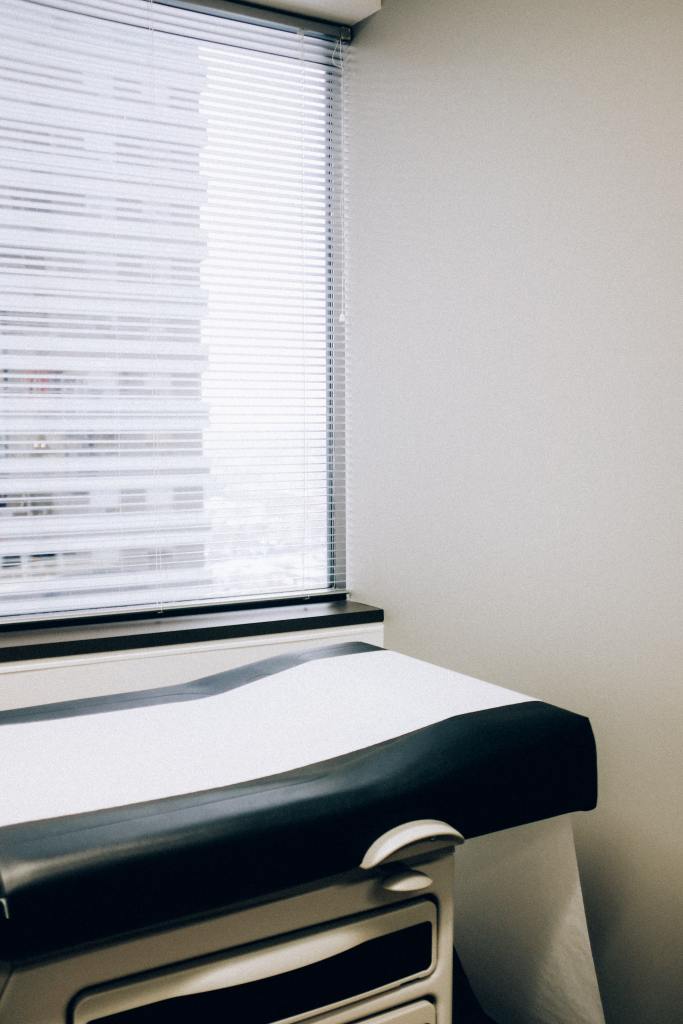
I went to see the new patient who had just arrived by ambulance. A Chinese man in his 30s who was drowsy and confused. He wasn’t able to move out of bed, and needed full assistance with all cares. He was accompanied by his wife and his father. Our patient’s English was reported as good but he wasn’t alert enough to answer many questions.
“Where are you sore?”
Hands pointed to his abdomen as he grimaced.
His father said, “He’s always considered other people before himself. That’s how he’s been since he was a young boy.”
I made some adjustments to the patient’s medication to try to ease the suffering.
His father came to speak to me, and I ushered him into a small meeting room.
He was angry and devastated. He spoke to me in Cantonese which I have some understanding of, thanks to a childhood of watching Hong Kong TV series on VHS video tapes. My usual slow process with Cantonese, is to convert it into Mandarin and then into English. I have trouble when trying to go back the other way, so don’t speak Cantonese.
He recounted the clinic appointment they had attended yesterday. They had driven from home to the Oncology Centre. His son required a wheelchair as he could not walk the long distances. The Oncology registrar that met them was Chinese and spoke Cantonese. He asked if his son could lie on the bed as he was tired from sitting up for hours to get to clinic. The registrar answered no, that the clinic was too busy today. This surprised the father who said, “Couldn’t they see how unwell he was? Then they told us bluntly, there was nothing they could do for my son. That he was dying. I was so angry that I wanted to complain, but my son wouldn’t let me, he told me to leave it, and that he wanted to go home.” I listened to him for 45 minutes and talked to him in Mandarin which was our shared second language. He had calmed down and was able to head back into his son’s room.
The next morning I reviewed my patient. With him were his wife and nine-year-old son. My patient had deteriorated overnight and was now unresponsive. His parents came in and I broke the bad news to them all in Mandarin. I told them I thought he was dying and might only have hours left to live. His wife and father both started wailing. The little boy looked around in confusion and was rescued when his Aunt came in with another boy who looked slightly older, his cousin. I changed my patients medications to keep him comfortable and went to see the other patients on the ward.
When I came back to the nursing station the nurses were talking to the young boy. He had been sent by his grandfather to ask questions as he could speak English. He didn’t know what to ask and I took him back to his father’s room. The patient’s father asked if there were any treatments that could save his son. In Mandarin I told them there were no treatments that could make him better.But we could keep him comfortable in whatever time was left.
I talked to the boy and his cousin in English, “Your Dad is really sick.”
He asked, “Is he dying?”
“Yes.”
“Does he have cancer?”
“Yes, he’s been trying his best to fight it, as he wanted to stay with you, but it’s too much for him. He loves you very much.”
I continued with the rest of the ward round and 30 minutes later I heard a scream from inside my patient’s room. He had died and his wife was a picture of utter despair, sprawled on the floor weeping. His father, mother and sister were also distraught. The two young boys tried their best not to cry. I examined my patient and confirmed his death. I told them I was sorry for their loss, and they were inconsolable. No words could fill the gaping void that had opened up and which would never close.

Thank you for sharing this sensitively written post
LikeLiked by 1 person